Dogora
Dogora is a film capturing the lives of the people of Cambodia. Dogora was created by Patrice Leconte, and is currently only available on a French release. Dogora has not plot, actors or script. Dogora is similar in style to Baraka and Koyaanisqatsi.
Dogora captures the daily routines of the people of Cambodia. Dogora is a street level documentary, without any explanation. Your imagination must answer any questions you may have. Dogora captures the interaction between the people of Cambodia very well. Particular attention is paid to the children of Cambodia, which prove a fascinating subject.
For people that have seen Baraka or Koyaanisqatsi, Dogora will have a familiar style. Dogora has a more precise subject matter than the other films, but uses many of the same techniques to present the subject.
There are several note worthy scenes in Dogora. The moped scene, where the various passengers of many different mopeds are shown. Its amazing what can be carried on a moped. There are several long scenes in Dogora, which work very well. The everyday lives of people travelling, sleeping, eating, working and playing are all shown in a natural manner. Sweatshop factories and rubbish dumps are shown, giving a reminder of the poverty found in Cambodia. However the obvious images of Angkor Wat and other temples are not present. The start of the film shows fine painting of the temples, but no real images are shown. This is clearly a deliberate decision.
Several scenes in which monks are shown are deliberately out of focus. The scenes continue for some time, allowing the viewer to understand the images and what they mean, without actually seeing the subject clearly.
The musical score of Dogora was created by Étienne Perruchon. The music was scored before the film was shot. Patrice Leconte listened to tapes of the score whilst shooting, to set the scene and add rhythm to the shot. The score is surprisingly not traditionally Eastern. Choirs and classical music make the score, which can seem a little mis-fitting at times. The chants used in the recordings are an invention of the composer, which he called ‘Dogorienne’, this is where Dogora takes its name.
Ron Fricke explored the spiritual world in Baraka, Godfrey Reggio explored the relationship between man, nature and technology in the Qatsi trilogy. Patrice Leconte does not seem to show such a theme in Dogora. Instead he concentrates on the people of Cambodia.
Patrice Leconte explains that he always dreamed of making a film without actors, a plot or script. Clearly inspired by Ron Fricke and Godfrey Reggio's work. After a visit to Cambodia Leconte concentrated on creating Dogora, which has become a personal film for him.
Dogora was filmed in Panavision HD Cam, with Patrice Leconte controlling the camera. The images are stunning, with vibrant colors, capturing the bustling life around the camera well.
Images
DVD
The Dogora DVD is released by TF1 in France only. The DVD is region 2. As the film has no dialogue subtitles are not required. However, the extra features are not subtitled. If you do not understand spoken French well the extras are a visual only experience. The extras give a good behind the scenes glimpse into the making of the film.
The Dogora DVD contains an excellent 36 page booklet, although it is entirely in French. It contains a diary of the shooting of the film.
Credits
- Director - Patrice Leconte
- Music - Etienne Perruchon
- Editing - Joelle Hache
- Has the tag line Ouvrons les yeux, which translates as 'Let us open the eyes'

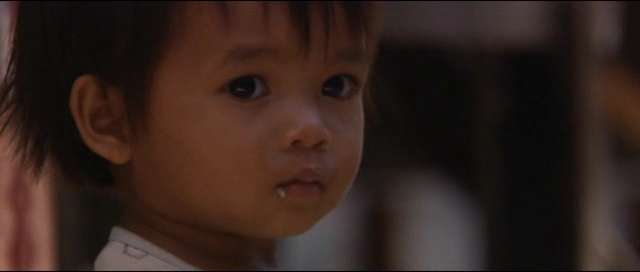
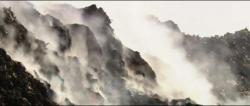
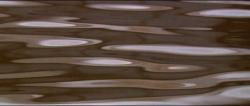
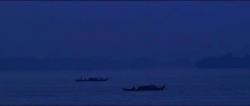
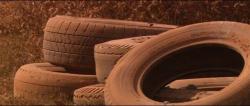
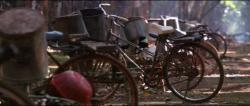
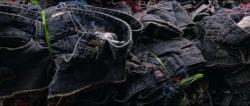
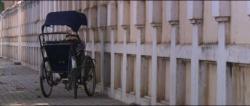
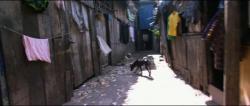
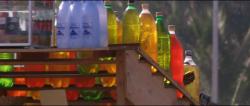
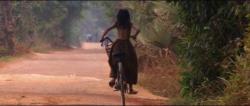
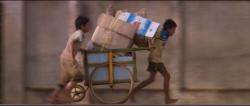
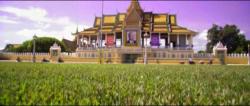
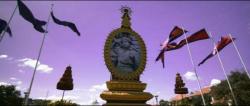
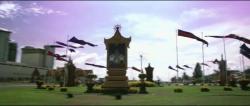
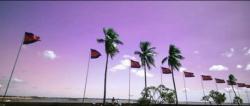
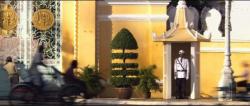
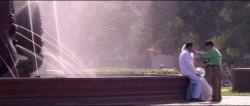
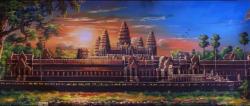
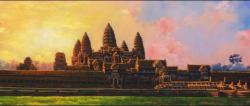
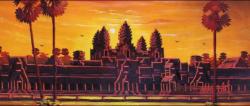
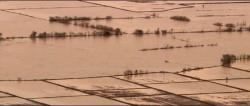
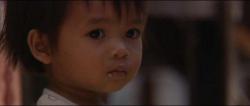
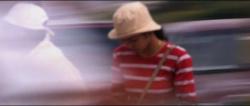
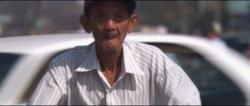
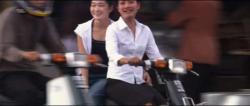
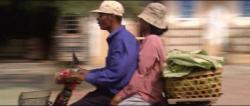
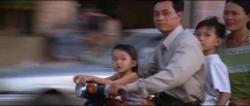
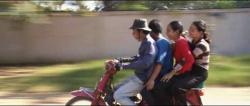
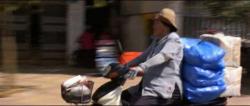
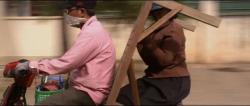
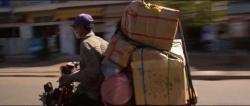
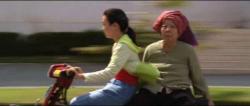
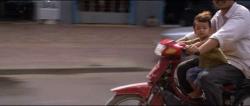
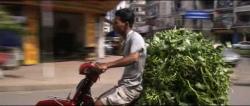
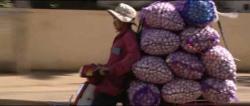
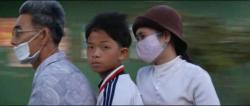
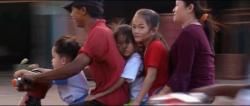
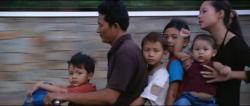
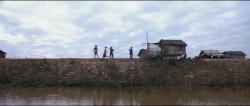
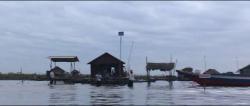
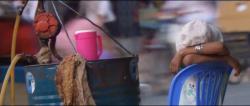
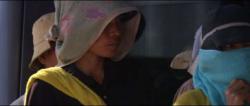
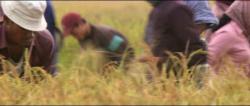
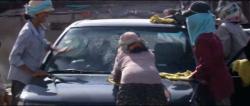
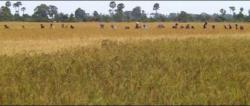
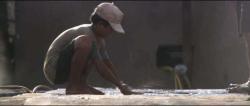
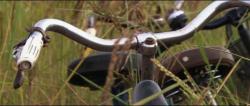
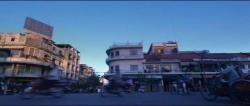
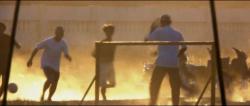
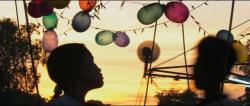
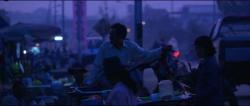
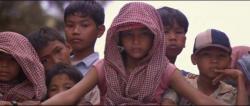
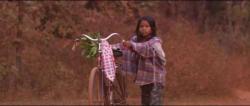
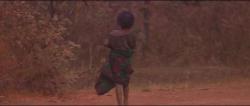
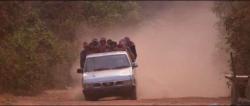
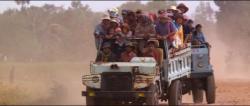
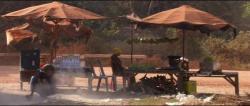
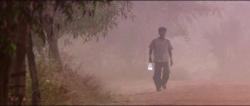
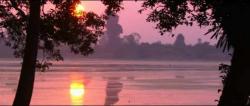
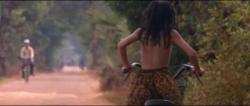
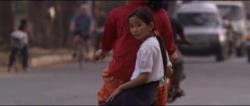
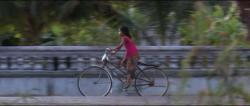
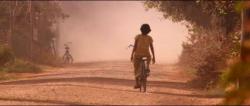
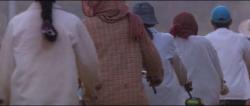
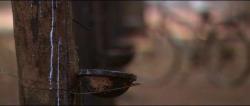
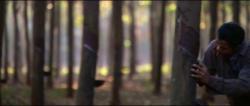
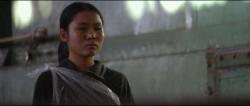
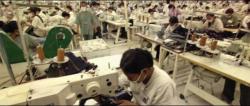
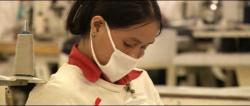
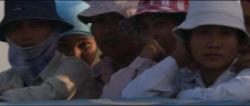

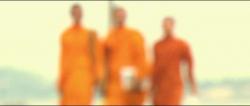
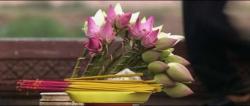
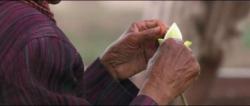
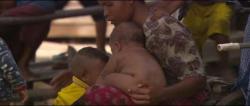
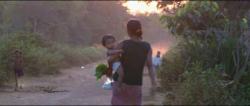
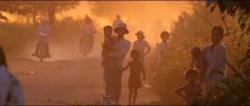
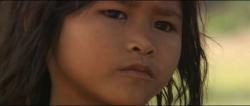
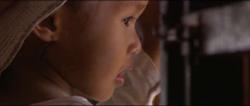
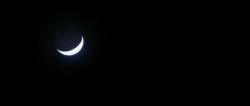
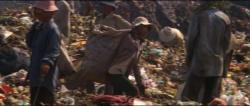
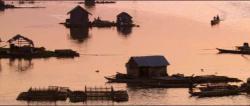
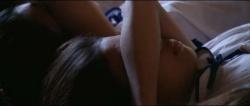
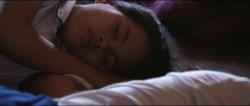
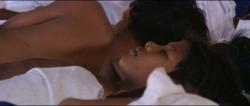
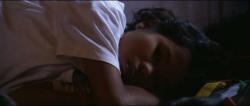
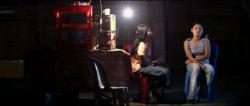
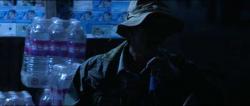
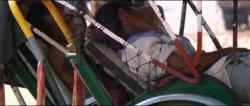
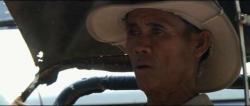
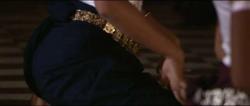
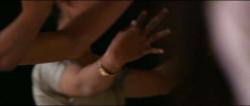
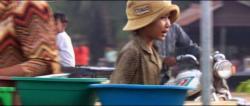
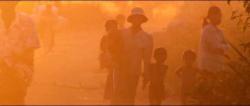
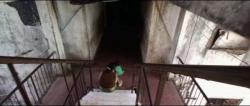
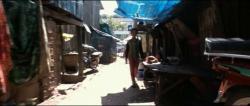
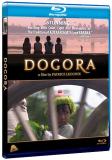


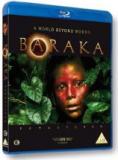




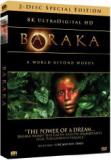
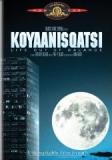
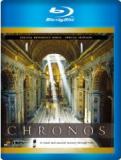
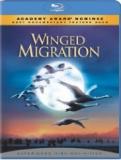
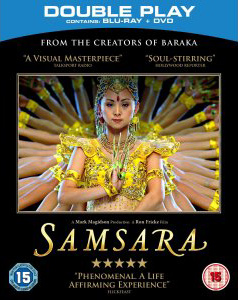

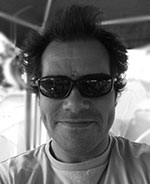 SpiritOfBaraka is brought to you by Darren Lambert. A huge fan of the these films.
SpiritOfBaraka is brought to you by Darren Lambert. A huge fan of the these films.